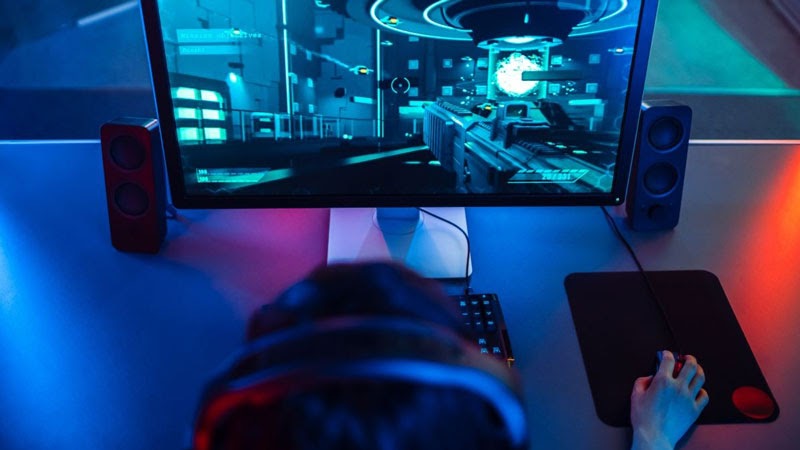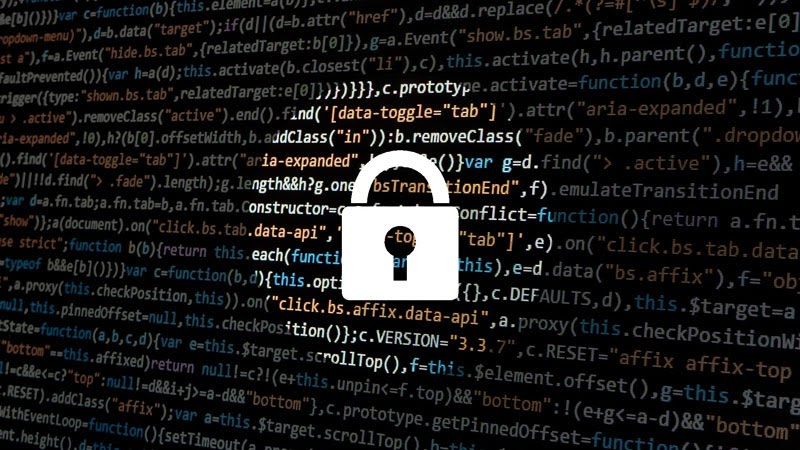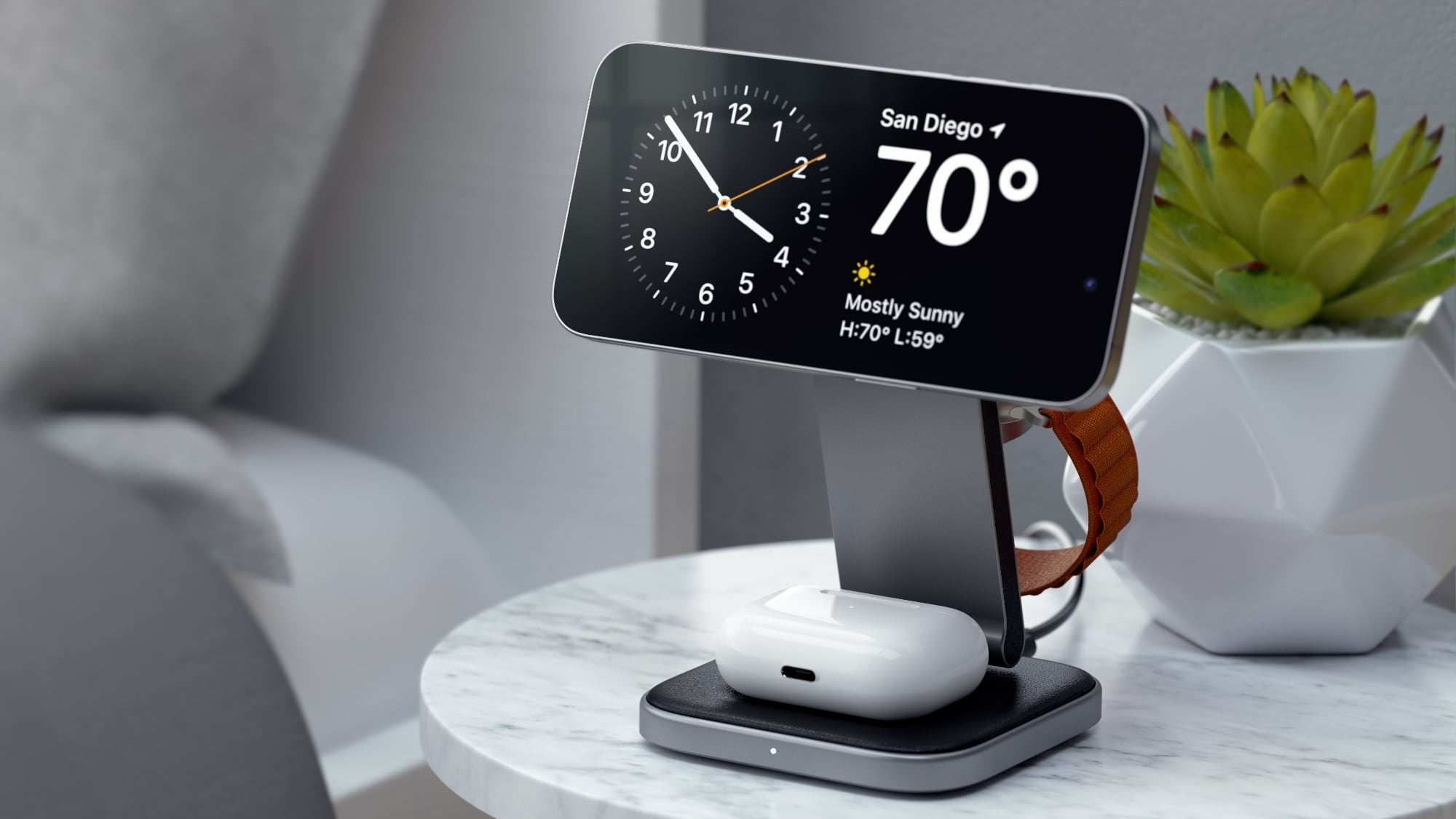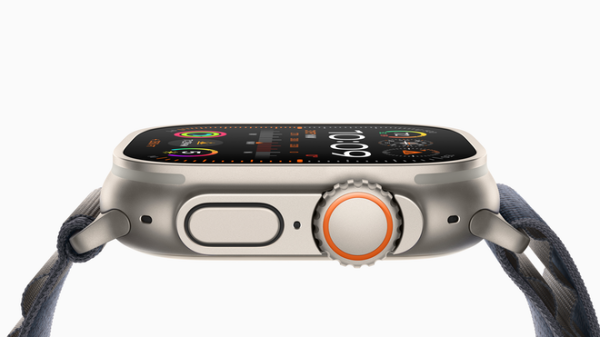-
By Partner EditorialsJun 17, 2020, 12:18 pm1.8k ptsInteresting Special Content
Special ContentThanks to fast-evolving technology, gamers no longer have to leave the comfort of their homes to catch up with their favourite titles. Better yet, with the internet, it's easy to get in touch with your friends via the game and enjoy in-game social features which include:
- Taking part in team player missions and competitions
- Going head to head with friends on leaderboards
- Sending loot box gifts to each other via the game
- Watch each other play the games live via spectator modes
- Send messages and talk to one another as you play

Typically, for you to enjoy all these features, you have to provide your identity information which sometimes may include payment details for making in-app purchases. Any console user with an X-Box, Nintendo, or Play Station who plays online has shared their information. The same also happens for PC games using Mac OS, Windows or Linux, and even mobile players whose devices run on Android or iOS.
But then again, sharing your identity information also means that there's a risk of compromise if you aren't careful enough with the gaming platform that you choose to use. Unless you are playing free slots no download games online for fun where no download or registration is required, the internet could be unsafe for you.
Owing to the sensitivity of the information that players share on these gaming platforms, gaming platforms, on the other hand, must take the responsibility of securing players. Before we get to how gaming platforms use this information, let us first look at the type of data that gamers typically share when they participate in online video games.
What Information Do Gamers Share with the Gaming Platforms?
On average, online players typically share the following identity details whenever they create an account for online single-player or multiplayer gaming.
-
Name
All players who create an account on the gaming console networks have to enter a name and a username that uniquely identifies them, complete with a strong password that's also easy to remember. This is the information that respective players use to log in to their respective accounts.
Generally, players are often advised to use a strong password consisting of letters, numbers, and characters to reduce the chances of hackers guessing your information. For instance, using your date of birth or your name as a password is usually discouraged.
-
Age
Like television shows and blockbuster movies, the law of virtually all jurisdiction enforces age limits on a range of content, especially that which is aimed for mature audiences. Gambling regulations, for instance, usually have an 18 or 21 age limit depending on where you come from. Should the player be below the required age, access will be denied. Moreover, in the case of online gaming sites, they often have an identity verification system in place that usually includes the submission of government-issued documents.
-
Banking Information
In today's gaming world, it is difficult to find a game where you won't want to spend money on items like loot boxes that come with surprise gifts or even weapon upgrades, gear, and powerups. For real money online gamblers, loading deposits are mandatory. This means that whichever way you go, you'll have to provide your banking information which could be an e-wallet, bank account, or credit and debit cards.
-
Player Activity Records
On top of your identity information, gaming platforms often go ahead and collect data and monitor how you play, what you buy, and how often you participate in the game, among other aspects. Generally, upon registration, you usually agree to the collection of cookies and other forms of data gathering which generally keep track of your activity anonymously as you interact with the platform.
How Do Gaming Platforms Protect Player Information?

Now that you understand what's a stake whenever you sign up for online gaming, the gaming platforms have to guarantee the safety of your identity and financial transactions. As a standard for sites that record your banking information, the platforms have to deploy SSL encryption protocols to protect the players' financial and personal information from getting accessed by malicious third parties.
As an extra layer of security, on top of the password, most platforms have additional security questions, and of late, two-factor authentication is also used to prevent unauthorized access to your account. Furthermore, these sites also have privacy policies that legally prohibit them from sharing your identity information with any third party.
Why Is Gaming Monitored?
Now, we answer the million-dollar question. A lot of players keep wondering whether it's safe for gaming service providers to monitor their online activities. Well, there's never a reason for worry as long as you are playing in a platform that has a good reputation and is operating under approval from appropriate gaming authorities. To put things into perspective, here's an outline of why your gaming activity is usually monitored by the platform operators:
-
To Reward Players
Who doesn't like gifts? Well, as you play online, the gaming network that you're signed up for will usually shower you with goodies whenever you achieve a specific milestone. Depending on the game you are playing, whether it's on mobile, PC, or a console, you could also get daily rewards and weekly rewards as long as you log on to the platform to continue having a good time. Sometimes, you could also receive gifts when you achieve certain combo moves in fighting games, for instance.
-
Player Rankings
You'll hardly come across an online game that doesn't have leaderboards where players compete against each other or in teams. All your actions are often recorded as you play the game and after the round of play concludes, you'll receive a breakdown of how well you played. In popular video games such as PUBG and Call of Duty, for instance, you'll find rankings based on the number of kills, number of headshots, how long you survived in battle royal matches, and so on. All this wouldn't be possible without a well-executed monitoring system.
-
Replays for Future Reference
A lot of video games today allow you to record your gameplay and take screenshots for future reference. Through these recordings, it becomes very easy for you to go back to the game and see how well you played, where you went wrong, and what you should do differently. If you combine game recordings and in-game statistics that you receive at the end of the round, it becomes very easy for you to sharpen your skill.
-
Patching Bugs, Feature Updates & Performance Improvements
Sometimes, online games come with glitches that developers don't realize exist until it's too late. Through player monitoring, it becomes particularly easy for developers to fix the games even without having to wait for you to report the issue. If the developer doesn't keep track of how you play, detecting errors that you experience becomes more difficult.
-
Boosting Player Engagement and Market Analytics
By monitoring player patterns, game creators also get to know the parts of the games that players enjoyed the most so that they can release feature updates to make it even more exciting. Additionally, analytics collected from monitoring players help the developer understand player patters to eventually create more content that they enjoy and of course, get more business from the content they create.
-
Snuffing out Cheaters
Other than refining player engagement and market analytics, one of the biggest reasons why game creators monitor players is to snuff out cheating players. Some online gamers use some advanced digital tools to get around the rules of the games and even modify the games to enjoy special powered up advantages. As interesting as it could be for cheaters, such dealings end up watering down the experience of other users.
For multiplayer games, such practices affect the traffic of the game as honest users will no longer want to play in a platform that doesn't have a level playing field. This leads to a domino effect that kills the game's popularity, and as a result, the revenue of the publishers of these titles also becomes affected.
Through monitoring systems, the game tries to detect anomalies in defined player behaviours and how in-game tools such as weapons, and locomotives function. Should there be something suspicious, the user is flagged and perhaps even given a warning before being kicked out of the platform entirely!

Final Thoughts
As you can see, there's nothing to alarm you whenever you think about being monitored by the platform where you are playing. On the other hand, players who are uncomfortable with the data collected will have an option to adjust the privacy settings accordingly. But all in all, as long as the platform you've picked for your gaming is trustworthy, you shouldn't worry about your gaming session being monitored. While the platforms are doing it to find ways of increasing their product sales, it is also done to offer you a better experience.













